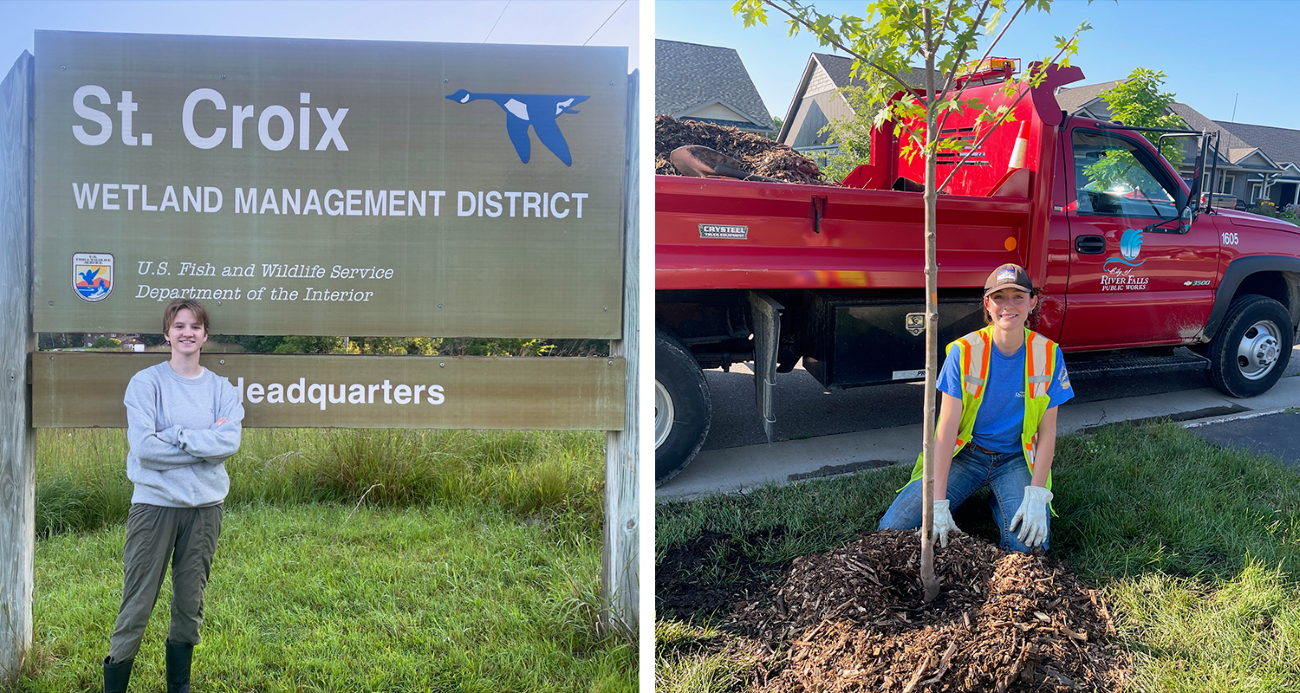Experiential Learning
First Year Experience
Start building career skills and discovering your passions right away! You'll have an opportunity to take courses in your major during your very first semester on campus. Not sure what you want to major in? No problem! Our introductory courses in Plant Science (PLSC 161), Soil Science (SOIL 120), Horticulture (HORT 169), Environmental Studies (ESM 105), Land Use Theory and Practice (ESM 151) and Geology (GEOL 101) are designed to provide broad exposure to the discipline, explore career opportunities and build community and connection with classmates.
We know that learning doesn’t just happen during class! Student organizations, judging teams and professional development events are a great way to enrich your experience as a student in our department. From service opportunities to attending professional conferences, there are lots of ways to get engaged and enhance your education. These experiences are generally financially supported at no/low cost to you. We challenge you to take advantage of as many of these opportunities as you can!
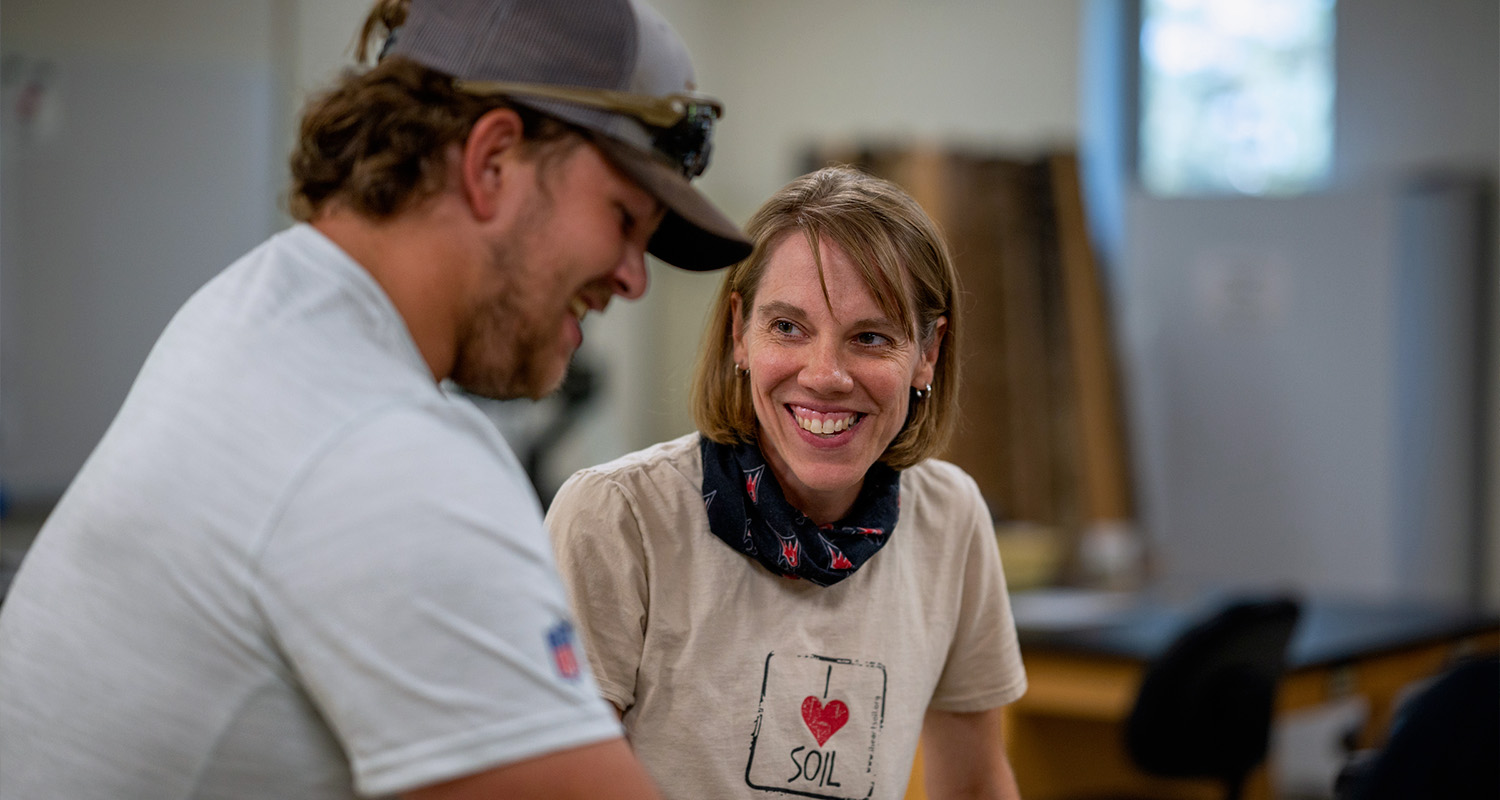
Campus as a Living Laboratory
Learn outside the classroom! We provide you with opportunities to experience, discover, investigate, experiment and problem solve. More than 80% of our courses have a laboratory component where we focus on giving you hands-on experience. We actively utilize campus as a “living laboratory” and are fortunate to have diverse natural and built environments on campus:
South Fork of the Kinnickinnic River: Class II trout stream and state-designated Outstanding Resource Water.
South Fork Prairie Restoration Area: 3-acre restoration demonstration area adjacent to the South Fork of the Kinnickinnic River and the Agricultural Science Building.
Well Field: Network of 30+ groundwater monitoring wells on campus.
Farms: Three farms (Mann Valley, Campus and Wildflower) showcasing different agricultural activities and conservation initiatives.
School Forests: 24 acres across two registered school forests.
Horticulture and Agronomy Outdoor Spaces: Spaces dedicated to growing and showcasing plants common to the region.
General Campus: A diverse variety of natural and built spaces.
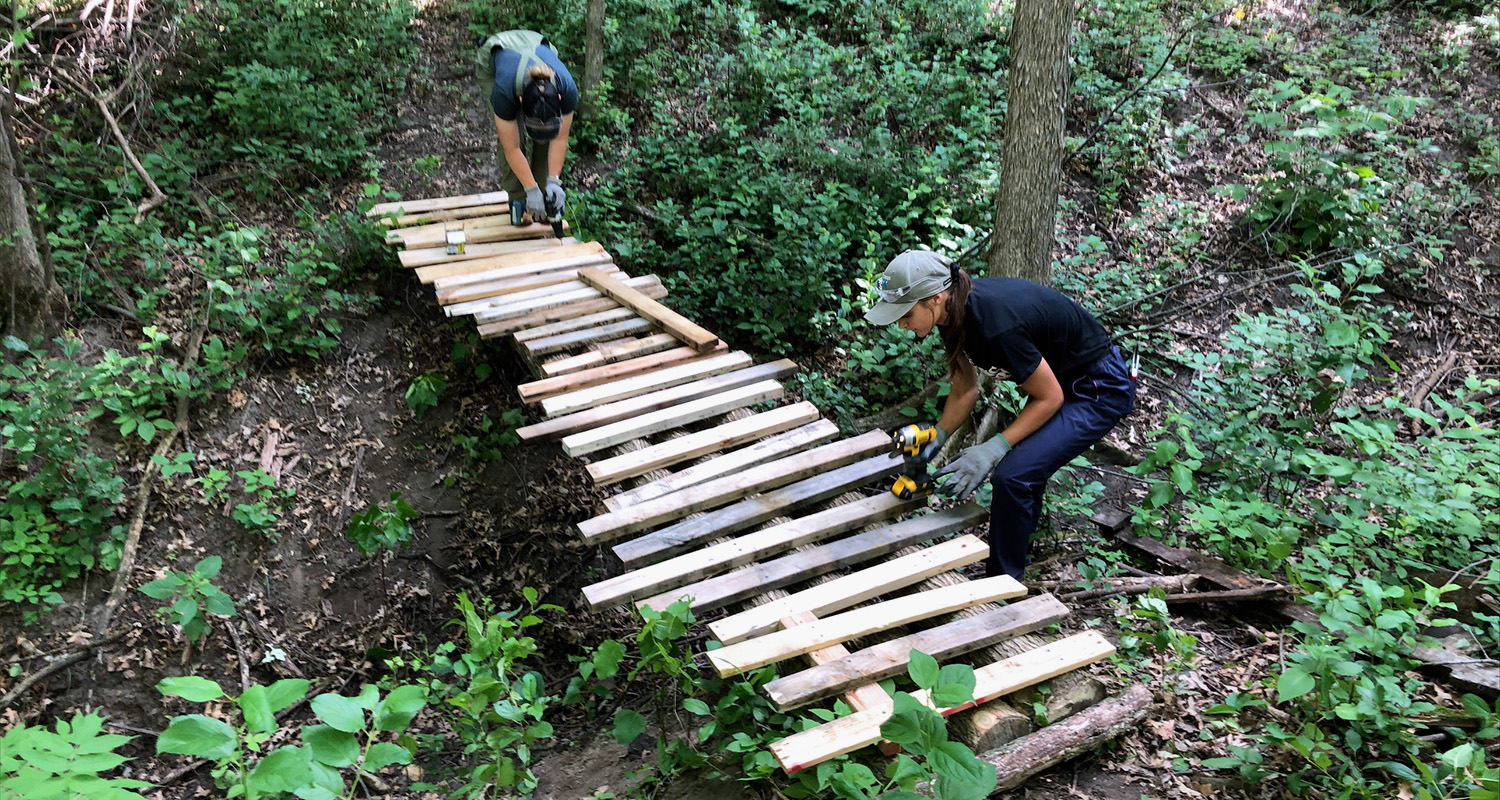
Field Trips
Interact with professionals and see knowledge and skills in action! Field trips are built into most of our courses and are an excellent opportunity for you to network with professionals, visit local businesses, explore new environments and gain firsthand perspectives on possible career paths. Our faculty and staff work closely with industry leaders and professionals to ensure you have the skills, training and experience to be successful in your career.
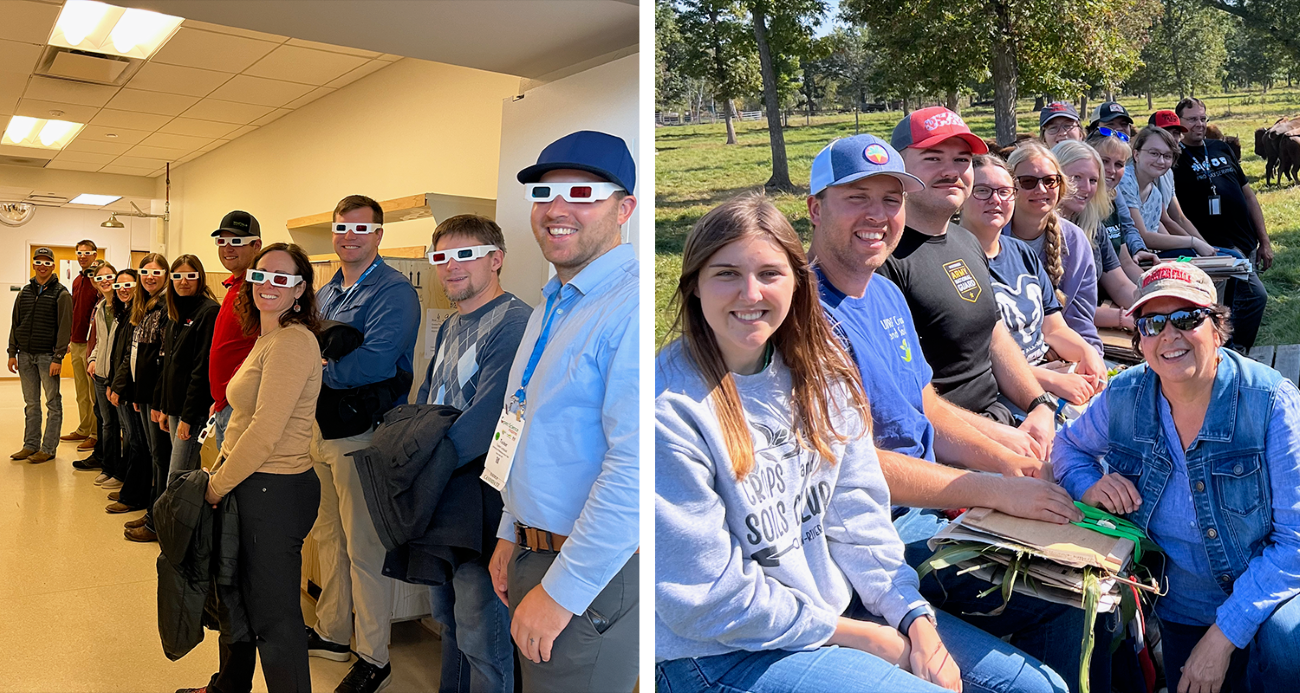
Field Courses and Study Abroad
Immerse and stretch yourself! The geology program’s Regional Field Courses (GEOL 37X) and Community and Environmental Planning’s Planning for Public Lands and Open Spaces (ESM 325) are intensive 1-2 week course experiences focused on applied learning in different parts of the country and give you an opportunity to see iconic places and national parks from a whole new perspective.
In addition, department faculty offer several study abroad courses: CROP 287: Tropical Agriculture, Culture and Environment (Puerto Rico), ESM 242: Tropical Restoration Experience (Bahamas) and ESM 218: International Experience in Resilience Planning (Netherlands). For those looking to stay closer to home, the department offers several field courses each summer focused on water through the Freshwater Collaborative of Wisconsin. Donor funds, grants and fees help offset the costs for these field and study abroad courses.
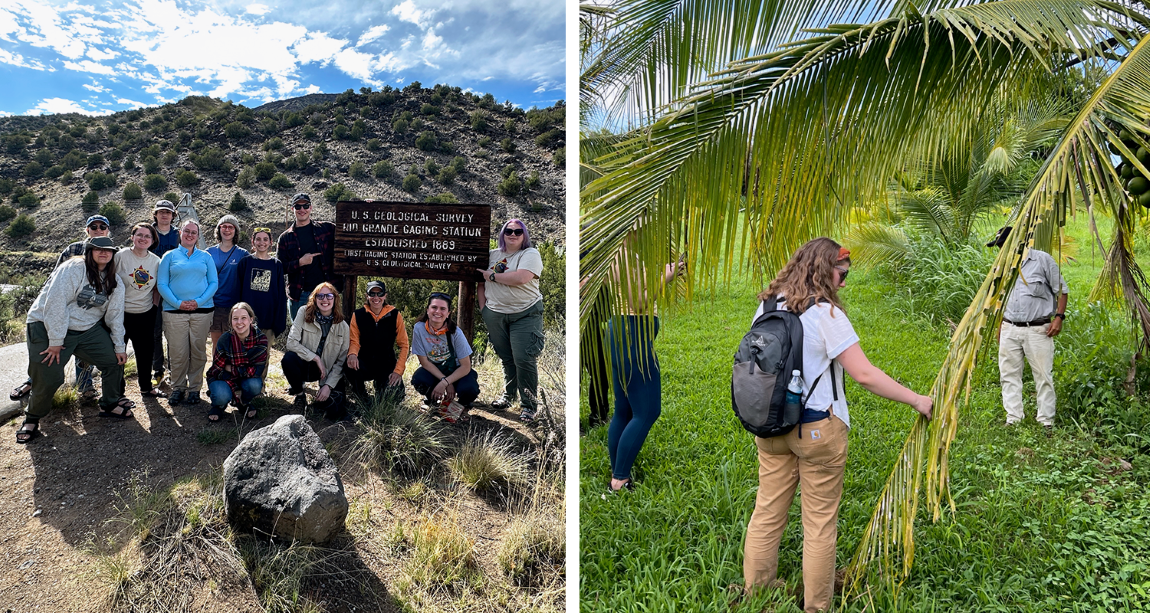
Internships and Capstone Experiences
Launch your career! Internships and capstone experiences, such as undergraduate research, are an excellent way to gain experience, apply your knowledge and skills, increase marketability and explore different career paths/specializations. The College of Agriculture, Food and Environmental Sciences Internship Program has a long track record of success. Faculty mentors work with industry partners to establish learning outcomes and identify focused projects to ensure your internship experience is more than just a job.
For those looking to go on to graduate school, an undergraduate research experience can be instrumental. You can either apply for your own funding or many of our faculty have research grants and are looking for student research assistants, especially during the summer.
